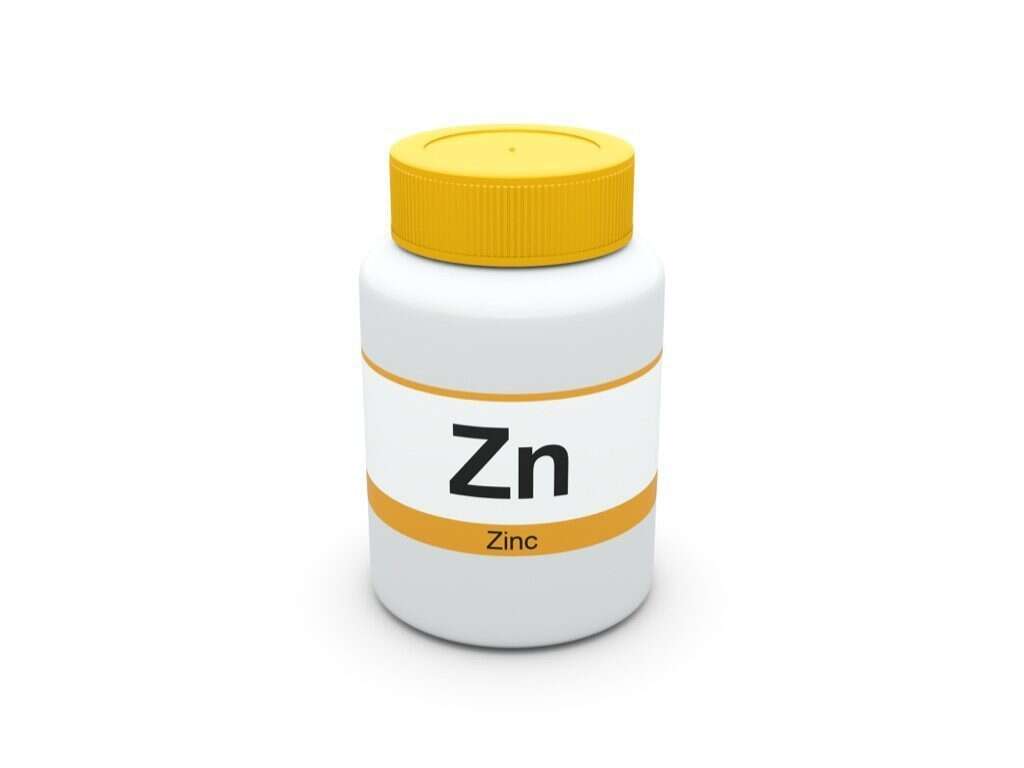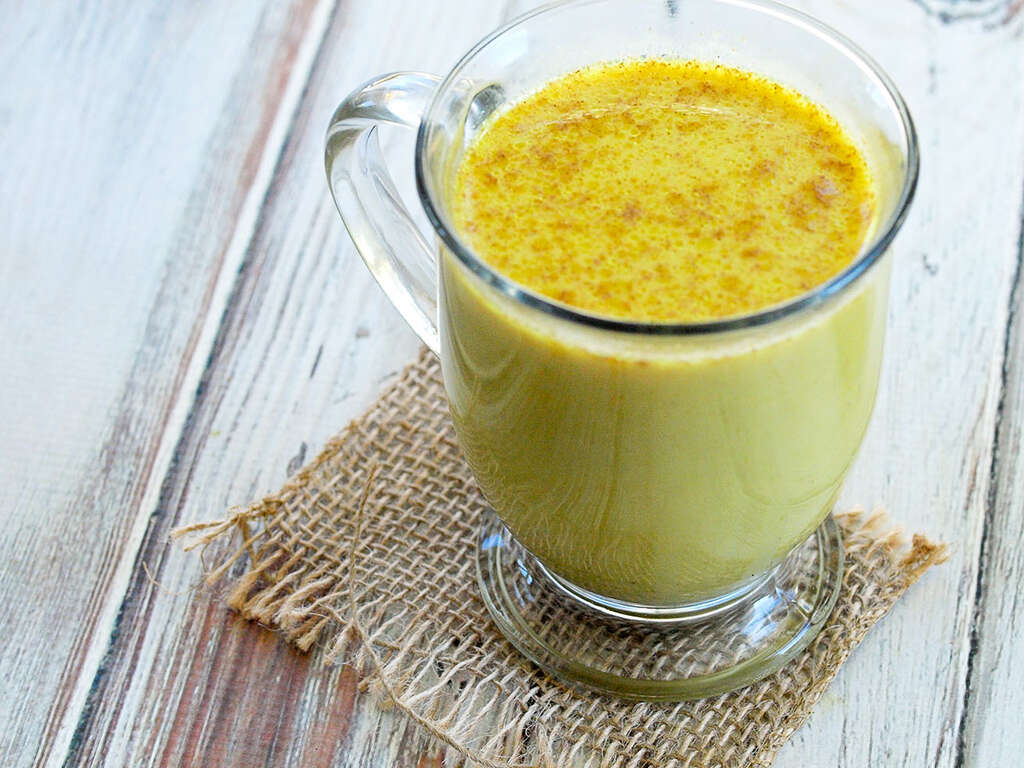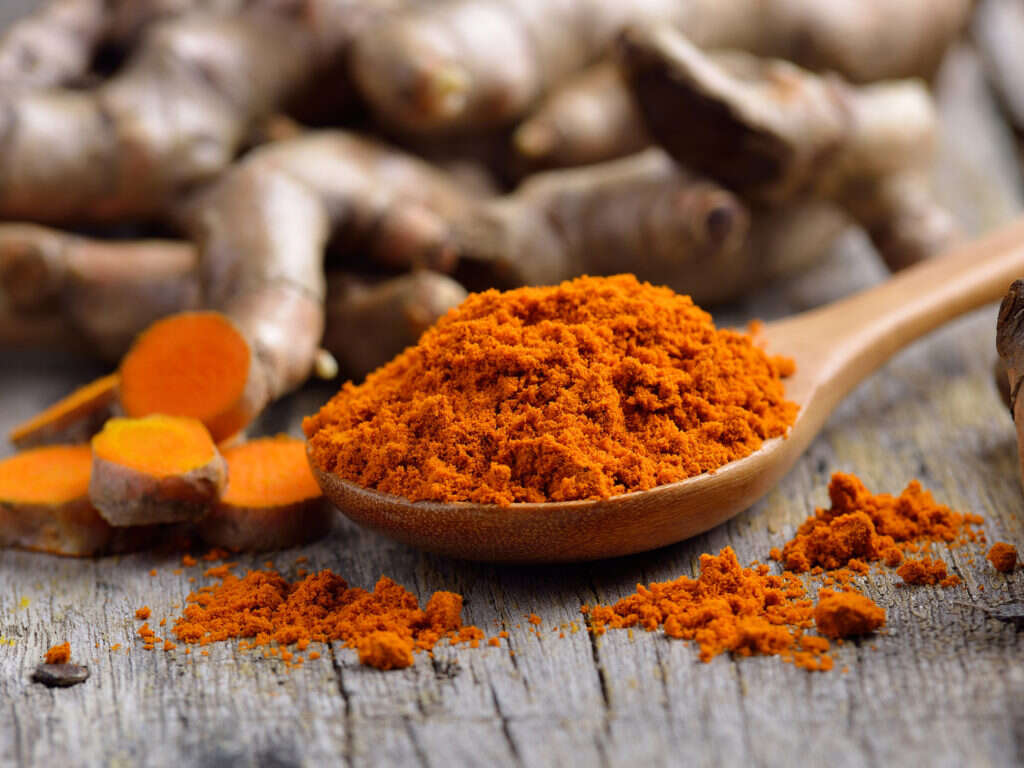10 Side Effects of Turmeric
Turmeric is a plant that’s in the same family as ginger. It originates from SE Asia and India where it is commonly used in a wide range of dishes. It has also spread throughout the world and is used in a wide range of cuisines.
In addition to adding flavor to food, turmeric is also known to have various medicinal properties. Many people use turmeric supplements to help them with various ailments. Unfortunately, though, using the spice does come with some unwelcome side effects.
If you do have certain conditions then you might need to reconsider using turmeric. It can also cause symptoms in people that have no medical conditions. Here’s a look at some of the side-effects that excess turmeric can cause.
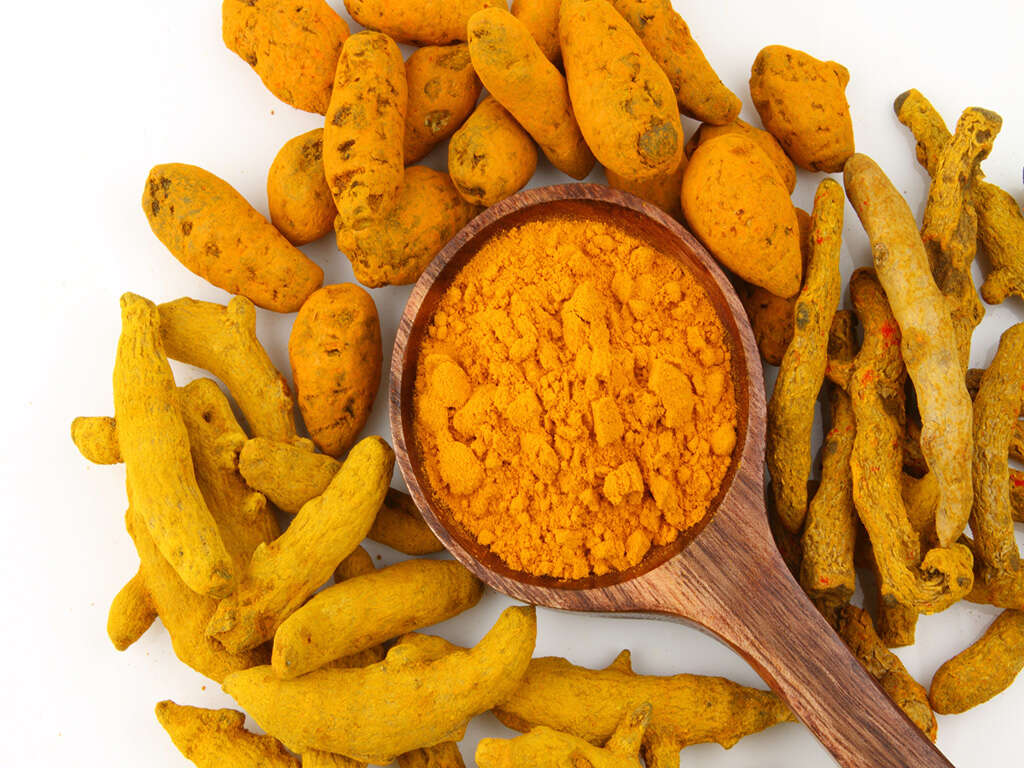
Turmeric Side Effect #1: Lowers Blood Pressure
High blood pressure is a serious problem for many people. It can lead to heart disease and a wide range of other complications that can be very serious. It is important to keep it low, but not too low. A low blood pressure can be just as problematic as a high blood pressure so it is important to keep it within a healthy range.
Turmeric is known to be able to lower blood pressure, which can be a good thing. Too much, though, and it can definitely be a bad thing. Although it may sound beneficial, it is something that should be avoided by people that are having difficulty maintaining a healthy blood pressure level.

Turmeric Side Effect #2: Diarrhea
Diarrhea is not a pleasant symptom to suffer from. It can be very uncomfortable and it can also be potentially embarrassing. It is caused when food passes too quickly through the stomach, which results in watery stools. It can cause the patient to take insufficient nutrition from their food and can also lead to dehydration.
Turmeric contains a compound known as curcumin, and this is known to cause irritation to the digestive system. This can lead to diarrhea and all the other unwelcome symptoms associated with it. If turmeric is causing you diarrhea then you should stop using it straight away.

Turmeric Side Effect #3: Kidney Stones
Anybody that has passed kidney stones will be able to tell you that it is a very unpleasant experience. The pain can be unbearable at times, leaving patients pleading for the pain to stop. Kidney stones will usually pass themselves in a few days or so, although surgery may be required to remove particularly large stones.
Kidney stones are mainly formed by an insoluble calcium oxalate. Turmeric contains oxalates which can bind to calcium, potentially causing the dreaded kidney stones. If you do have a history of having kidney stones then you should avoid having any turmeric in your diet at all.

Turmeric Side Effect #4: Excess Bleeding
When we cut ourselves, the bleeding will usually stop pretty quickly, depending on the type and size of the wound. This is due to coagulants in the blood that help to congeal the blood and stop leaks. Without it, we could quite literally bleed to death even with relatively small cuts.
Turmeric is known to be able to slow down the speed at which blood is able to clot. One common effect of this is that people can bruise easier as even the slightest of knocks can cause a small amount of damage. Anybody that suffers from disorders associated with bleeding should keep turmeric out of their diet.

Turmeric Side Effect #5: Allergic Reactions
Millions of people around the world live with allergies. One of the biggest problems with allergies is that it can be very difficult to avoid the things you are allergic to. They can include common things such as pollen or certain types of food. Contact with an allergen will often be irritating, while it can also be very dangerous sometimes.
People that have allergies to yellow food coloring or ginger are also likely to be allergic to turmeric. It can cause irritation to the skin if it contacts the skin and can also cause an upset stomach. If you are allergic to turmeric, it is best to just keep clear of the spice as much as possible.

Turmeric Side Effect #6: Iron Deficiency
It is very important that we have a diet with sufficient iron in it. This is because iron is necessary for making hemoglobin, and hemoglobin is important for allowing us to circulate oxygen around the body. Without it, our bodies can quite literally suffocate. Fortunately, iron is fairly easy to include in our diets, but that doesn’t mean to say that problems cannot occur.
Compounds that are found in turmeric are able to bind to iron. This makes it harder for our bodies to absorb the iron and this could lead to an iron deficiency in the blood. Iron supplements are likely to help if you do have difficulties with iron deficiency.
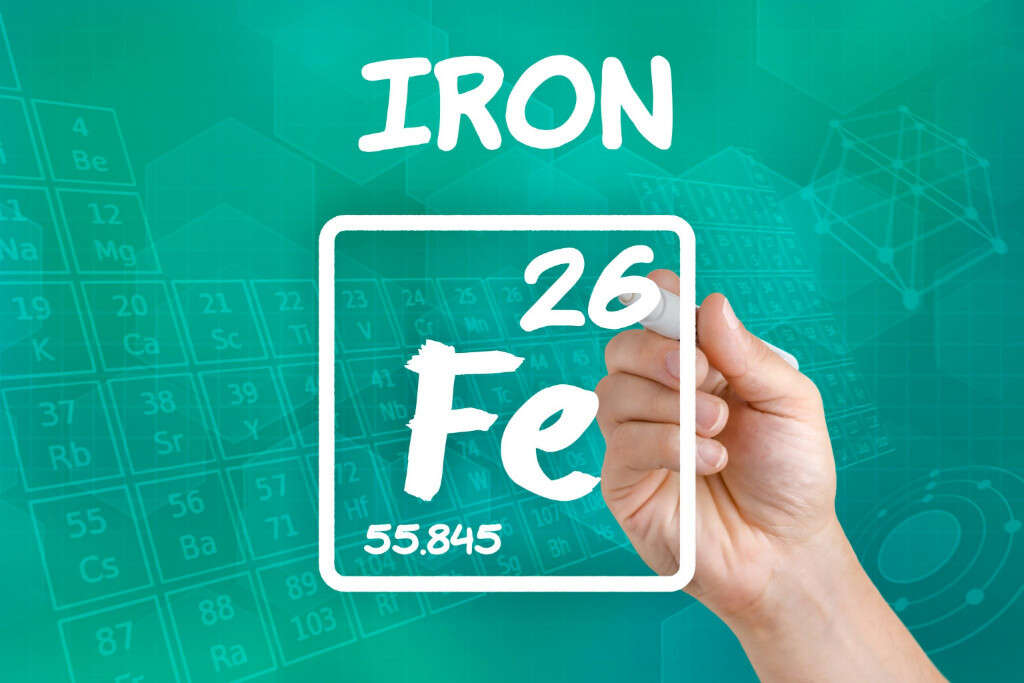
Turmeric Side Effect #7: Avoid When Breastfeeding
Where possible, a newborn should always be fed with its mother’s breast milk. This is because it is perfectly well balanced with nutrition to help the baby develop. Breast milk also contains probiotics that help with the baby’s digestion and white blood cells that help boost their immune system.
It is thought that potentially harmful compounds in turmeric can be passed onto a baby through its mother’s milk. While there is still a lot of research to be done on these claims, it is wise to avoid it when breastfeeding just to be sure. It is easy to avoid having turmeric in your diet, so it is just not worth the potential risks involved.

Turmeric Side Effect #8: Acid Reflux
Acid reflux is a condition where the acidic contents of your stomach are allowed to rise back up the esophagus. While these contents are fine in the stomach which has a protective lining, the esophagus has no such lining. This means that the soft tissues lining the esophagus are exposed to the acids. This causes an unpleasant burning sensation in what is often known as heartburn.
Turmeric can cause irritation in the stomach and cause hyperacidity. This can, in turn, lead to acidity rising up the esophagus resulting in heartburn. It can also cause a general upsetting of the stomach overall and should be avoided by people with sensitive stomachs.

Turmeric Side Effect #9: Thins the Blood
Medications that help to thin the blood are often used by people that have a higher risk of getting blood clots. This is obviously beneficial in some instances but, as with so many other balances in the body, it is important that the blood is not too thin. If it is allowed to become too thin then it can become a potentially risky situation.
Turmeric is known to contribute to thinning the blood, meaning it should be avoided if you are already using medicines that are used for this cause. Even common medications such as aspirin can help to thin the blood, so you should be on the lookout for any symptoms that might arise.

Turmeric Side Effect #10: Infertility
There are numerous potential reasons for infertility in both men and women. There are various ways in which we can help infertile couples to have children, but there is often no guarantee of success. In addition to trying to overcome problems with fertility, we can also try and prevent it from happening in the first place.
It has been shown that excess turmeric can reduce the levels of testosterone in men. This, in turn, can adversely affect the sperm and this can lead to infertility. If you are male and you have had difficulty making your partner pregnant, it might help to cut out any turmeric from your diet.









